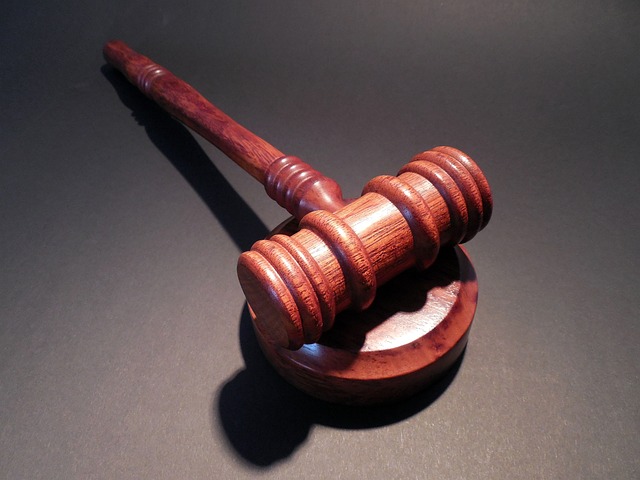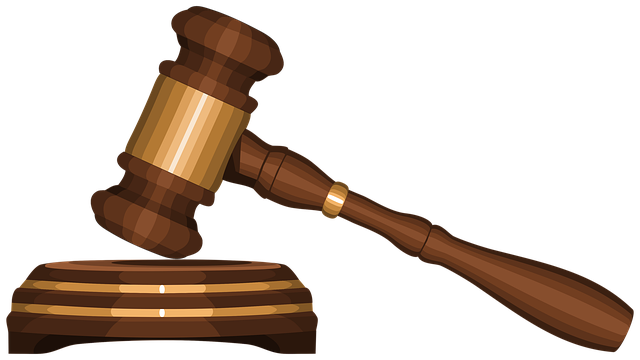The Worcestershire Live Auction provides a comprehensive valuation service for tax purposes, adhering to Internal Revenue Service (IRS) guidelines for fair market value. This valuation is crucial for assessing the tax implications of donated or inherited items. Appraisers at the auction employ various methods, including examining condition, provenance, rarity, and recent sales data, to determine current market values. These prospective valuations reflect what a hypothetical buyer and seller might transact at the time of the auction, ensuring accuracy in reporting asset values for tax purposes. The valuation process is detailed and responsive to real-time market conditions, with professional valuers playing a critical role in ensuring that their reports meet tax regulations and provide clarity on an item's worth within the auction context. Sellers are advised to consult with these experts beforehand to avoid any unexpected tax liabilities, while buyers must be aware of potential taxes like VAT. Strategic tax planning is essential for all participants to navigate their fiscal obligations effectively, with the guidance of tax professionals who can offer advice on utilizing tax reliefs and optimizing purchase timing in accordance with tax laws. Engaging with these specialists ensures a tax-efficient experience at the Worcestershire Live Auction, maximizing returns while complying with HM Revenue & Customs (HMRC) standards.
navigating the complexities of tax valuation can be a daunting task for participants in live auctions, such as those hosted by Worcestershire Live Auction. This article delves into the intricacies of assessing asset worth for taxation purposes, emphasizing the critical role of professional valuers. Understanding the nuances of valuation at these events is essential for both buyers and sellers to effectively manage their tax liabilities. We will explore the tax implications associated with live auction transactions and provide strategic planning advice tailored for the Worcestershire Live Auction experience, ensuring compliance and optimizing financial outcomes.
- Understanding Valuation for Tax Purposes at Worcestershire Live Auction
- The Role of Professional Valuers in Assessing Asset Worth for Taxation at Live Auctions
- Navigating the Tax Implications of Acquiring or Selling Items at Worcestershire Live Auction
- Strategies for Effective Tax Planning When Participating in Live Auctions Like Worcestershire Event
Understanding Valuation for Tax Purposes at Worcestershire Live Auction

When engaging with valuation for tax purposes at the Worcestershire Live Auction, it’s crucial to grasp the intricacies that distinguish this process from market valuations. The Internal Revenue Service (IRS) in the United States provides guidelines for determining the fair market value of assets for tax reporting. This is particularly relevant when items are donated or inherited, as the value assigned can significantly impact tax liabilities. At the Worcestershire Live Auction, expert appraisers and auctioneers employ a variety of methods to ascertain the fair market value of items, considering factors such as condition, provenance, rarity, and comparable sales data. These valuations are not retrospective assessments of past worth but rather predictions of what a willing buyer might pay a willing seller in an arm’s length transaction on the auction date. The process is meticulous and relies on current market conditions, ensuring that the values reported for tax purposes accurately reflect the assets’ true economic value within the context of the Worcestershire Live Auction platform. Prospective clients looking to understand valuation for tax purposes would benefit from engaging with the auctioneers prior to the event to ensure all relevant details are considered and accounted for in the valuation process.
The Role of Professional Valuers in Assessing Asset Worth for Taxation at Live Auctions

When assets are subject to taxation at live auctions in Worcestershire, the role of professional valuers becomes paramount. These experts assess the worth of items ranging from antiques to fine art, ensuring that their valuations reflect the fair market value at the time of the auction. The process begins with a meticulous examination of the item’s condition, provenance, and market trends. This thorough analysis is crucial for compliance with tax regulations. In the context of Worcestershire Live Auctions, professional valuers provide a critical service by offering impartial and authoritative evaluations that stand up to scrutiny from tax authorities. Their expertise helps auction participants to accurately report the value of their assets, thereby fulfilling their tax obligations and avoiding potential disputes or penalties. The valuer’s report serves as a pivotal document, bridging the gap between the seller’s asset and its taxable status. It is a document that must withstand the rigorous standards set by tax law, ensuring that all parties involved have a clear and transparent understanding of the asset’s value for tax purposes within the Worcestershire auction environment.
Navigating the Tax Implications of Acquiring or Selling Items at Worcestershire Live Auction

When engaging with the Worcestershire Live Auction, it’s crucial to understand the tax implications associated with acquiring or selling items. The auction platform can present both opportunities and responsibilities in terms of tax liabilities. For sellers, determining the correct valuation for their items is essential for accurate tax reporting. The value of an item at auction can be influenced by various factors, including market demand, condition, rarity, and comparable sales, which all contribute to its fair market value. It’s advisable to consult with a professional valuer or accountant prior to the sale to ascertain the correct figure for tax purposes. This ensures compliance with HM Revenue & Customs (HMRC) guidelines and helps avoid any unwelcome tax surprises post-auction.
For buyers, the tax implications are equally significant. Upon acquiring an item, it’s important to consider the purchase price and any additional taxes or duties that may apply. Worcestershire Live Auction items may attract VAT or other taxes depending on their nature and the seller’s status. Buyers should keep detailed records of their purchases, including invoices and receipts, as these are vital for tax reporting. Additionally, understanding the long-term capital gains tax implications if the item is later sold is also prudent. Prospective buyers and sellers at Worcestershire Live Auction must navigate these tax considerations carefully to ensure they fulfill their fiscal obligations accurately and efficiently.
Strategies for Effective Tax Planning When Participating in Live Auctions Like Worcestershire Event

When engaging in live auctions such as those held in Worcestershire, effective tax planning is paramount for safeguarding your financial interests. A strategic approach to tax planning can significantly reduce your tax liabilities and ensure compliance with tax regulations. One of the first steps in this process is understanding the tax implications associated with acquiring assets at a live auction like the one in Worcestershire. Typically, the value of an item at the time of acquisition is subject to various taxes, including capital gains tax if the item is later sold at a profit. To navigate these waters effectively, it’s advisable to appraise the potential tax liabilities before making a bid. This due diligence involves assessing not only the item’s market value but also the applicable tax rates and allowable deductions or reliefs that may apply.
For individuals looking to maximize their returns while minimizing their tax burden, it’s crucial to engage with professional tax advisors who are well-versed in the intricacies of tax law as it pertains to live auctions in Worcestershire. These experts can offer tailored advice on leveraging tax reliefs, such as those for charitable donations if you choose to gift an acquired item to a qualified entity. Additionally, they can guide you on the timing of your auction participation, as tax laws may differ depending on whether you purchase during a specific season or year. By implementing these strategies and working closely with tax professionals, you can ensure that your experience at Worcestershire Live Auctions is both rewarding and tax-efficient.
In conclusion, navigating the complexities of valuation for tax purposes at live auctions such as the Worcestershire Live Auction requires a strategic and informed approach. Engaging with professional valuers is pivotal in assessing the true worth of assets, ensuring compliance with tax regulations. By understanding the nuances of tax implications associated with buying or selling items at these events, participants can make more informed decisions. Strategic tax planning becomes essential for optimizing financial outcomes, making the Worcestershire Live Auction a unique and valuable platform for asset exchange. Prospective bidders are advised to approach these transactions with careful consideration, leveraging expert advice to maximize their fiscal position.
